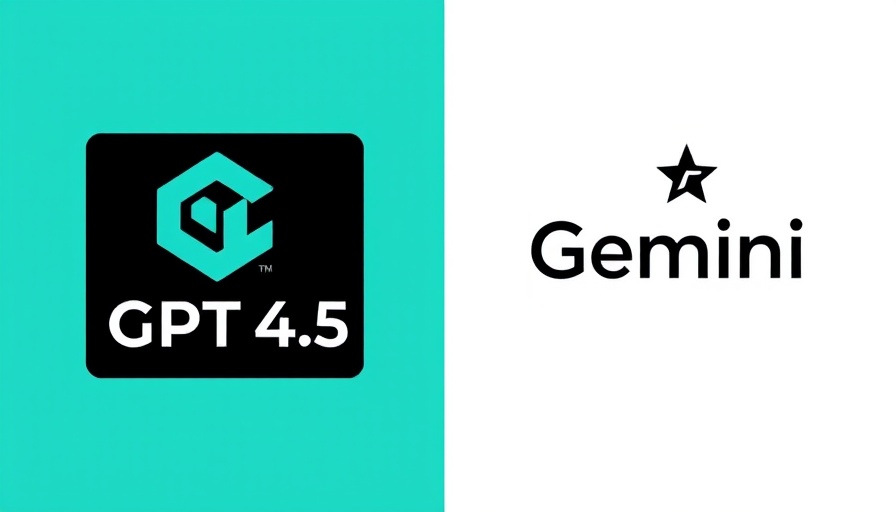
GPT-4.5 vs. Gemini 2.0 Flash: The Rivalry Heats Up
The recent release of GPT-4.5 by OpenAI has ignited a new wave of interest in AI chatbots, particularly as it goes head to head against Google’s Gemini 2.0 Flash. This rivalry is pivotal for tech enthusiasts and everyday users alike, who rely on AI for problem solving and interaction. Both models offer unique features, but the burning question is: which one reigns supreme?
Weekend Travel Planning: A Test of Practicality
To evaluate their performance, I prompted both AIs with a common task: planning a weekend trip to the Catskills. The responses highlighted the strengths and limitations of each model. GPT-4.5 provided a detailed itinerary that included various hiking options, dining venues, and accommodation suggestions, effectively responding to my request as if it were a local expert. In contrast, Gemini 2.0 Flash also delivered solid recommendations but fell short in specificity regarding lodging, merely listing nearby towns without detailed options.
Translation Test: How Do They Stack Up?
Next up was a straightforward translation test of "Good morning" into French, Spanish, and Japanese. This prompt highlighted both models’ abilities to handle basic language input. In terms of efficacy, they produced comparable results, signaling that for simple translations, either AI can deliver accurately.
Humor in AI: Can They Make Us Laugh?
Humor was the next challenge. When asked to tell a joke related to artificial intelligence, both GPT-4.5 and Gemini delivered puns that showcased their creative potential, though neither joke was particularly standout. GPT-4.5 quipped, "Why did the AI go to art school? Because it wanted to learn how to draw its own conclusions," while Gemini came back with, "Why did the AI break up with its chatbot girlfriend? Because she kept giving it scripted responses!" Here, the competition proved that both models have a similar grasp of humor.
Weather Updates: The Divergence in Capability
The most notable difference between the two AIs surfaced during a query about the current weather in Nyack, New York. GPT-4.5 provided a comprehensive hourly forecast complete with images, showcasing advanced functionality. Conversely, Gemini offered only the current weather, lacking the depth that users might expect from a modern AI. This suggests that while both systems can engage with everyday requests, GPT-4.5 provides a richer user experience in specific scenarios.
Final Verdict: Choosing the Right AI for You
After conducting these tests, it’s clear that both GPT-4.5 and Gemini 2.0 Flash have their merits and drawbacks. GPT-4.5 excels with its comprehensive answers and emotional insight, while Gemini showcases solid performance in diverse media handling. Choosing between them ultimately depends on individual needs: whether you prioritize depth in conversational AI or versatility across modalities. Just like choosing between a Coke or a Pepsi, the best choice combines your personal preference with the specific functionalities you require.
As the AI landscape continues to evolve, users must stay informed about advancements and their implications. Keep an eye on updates and new features as they develop.
 Add Row
Add Row  Add
Add 




Write A Comment